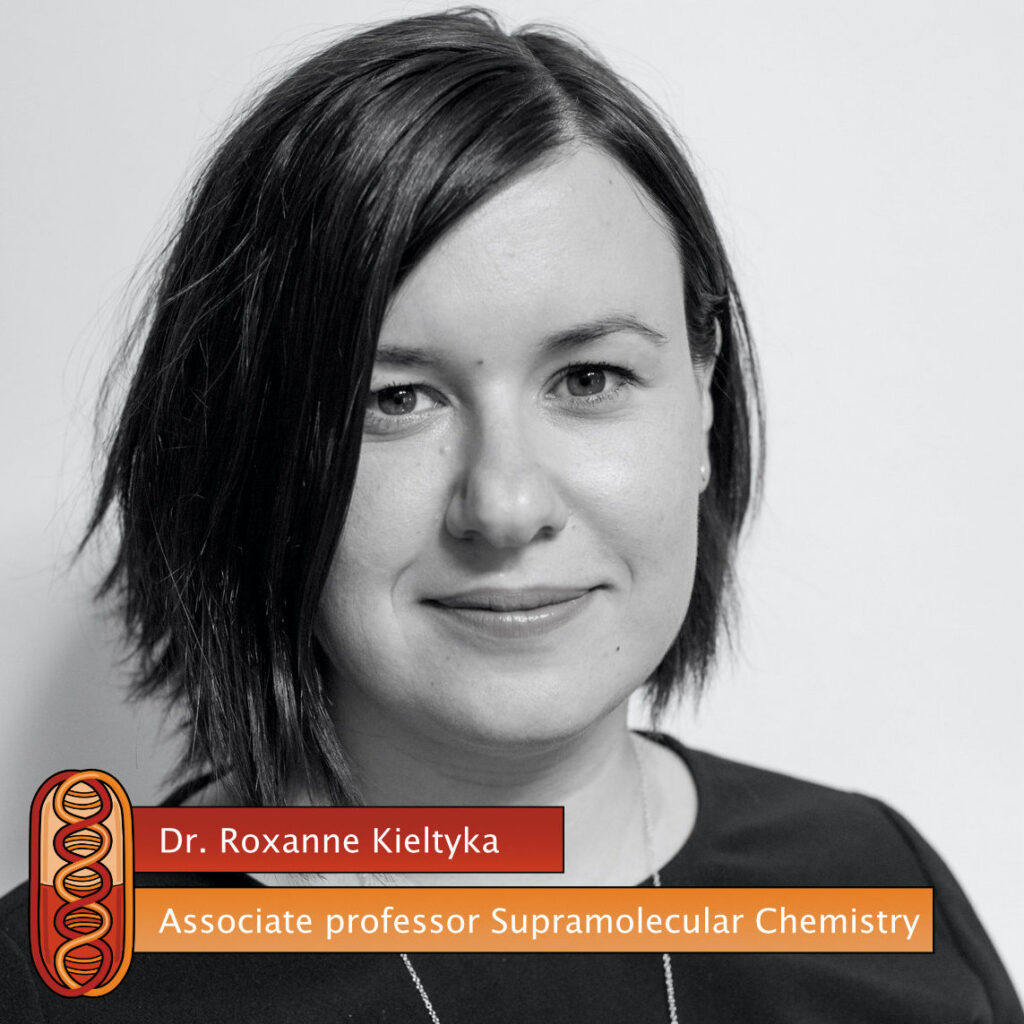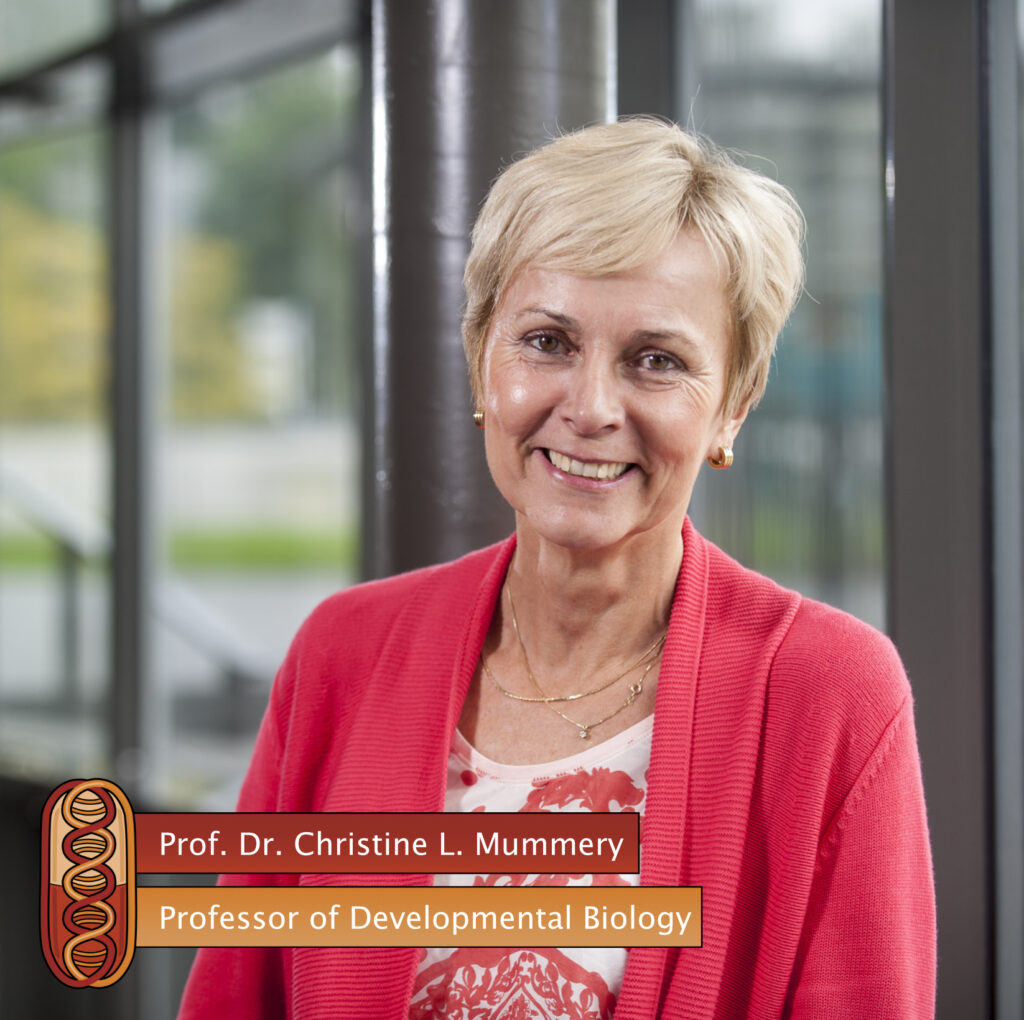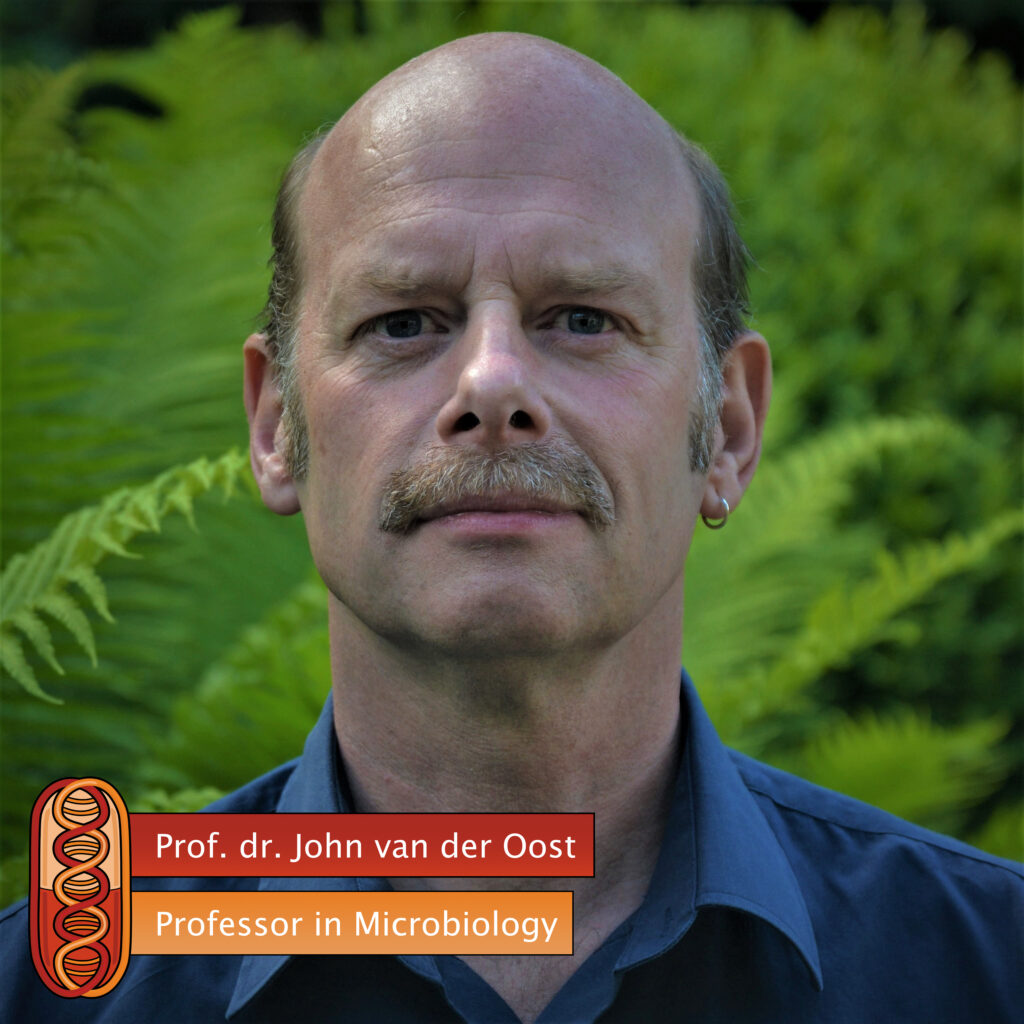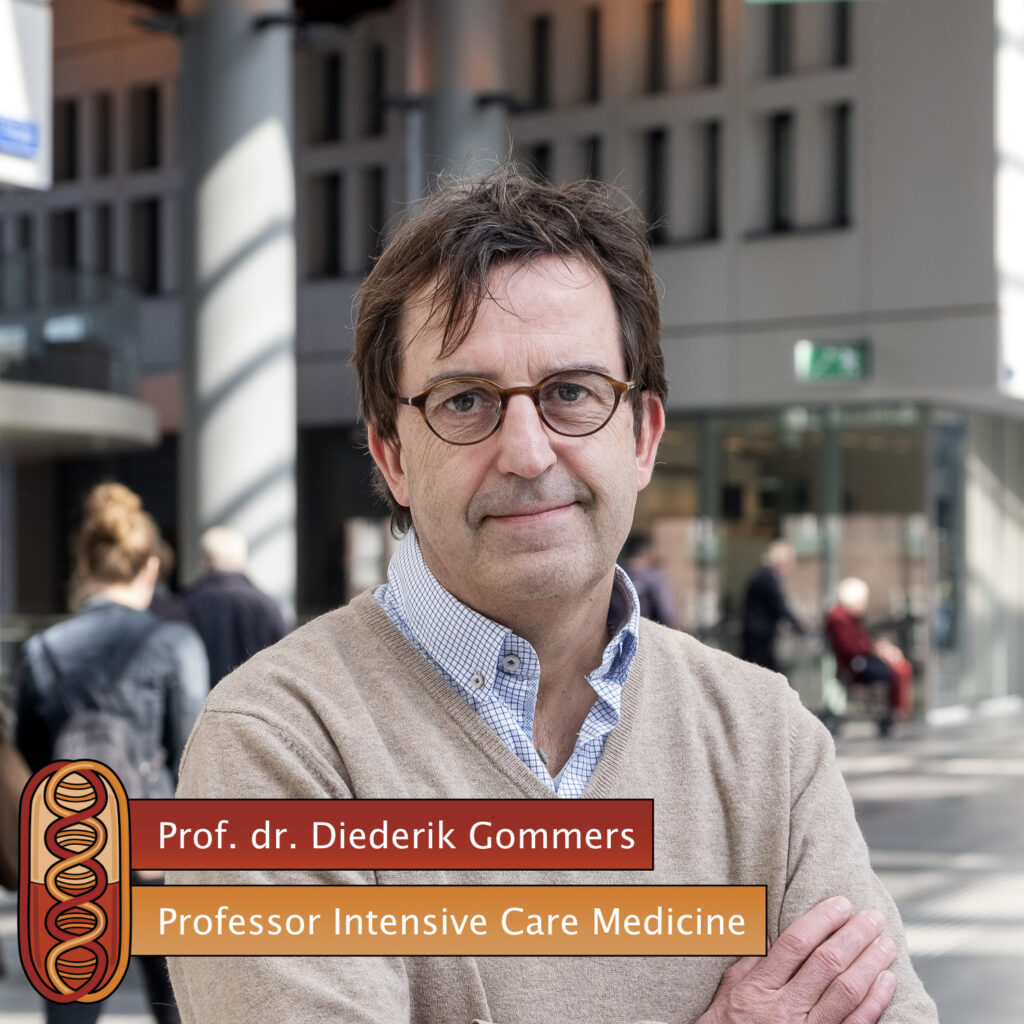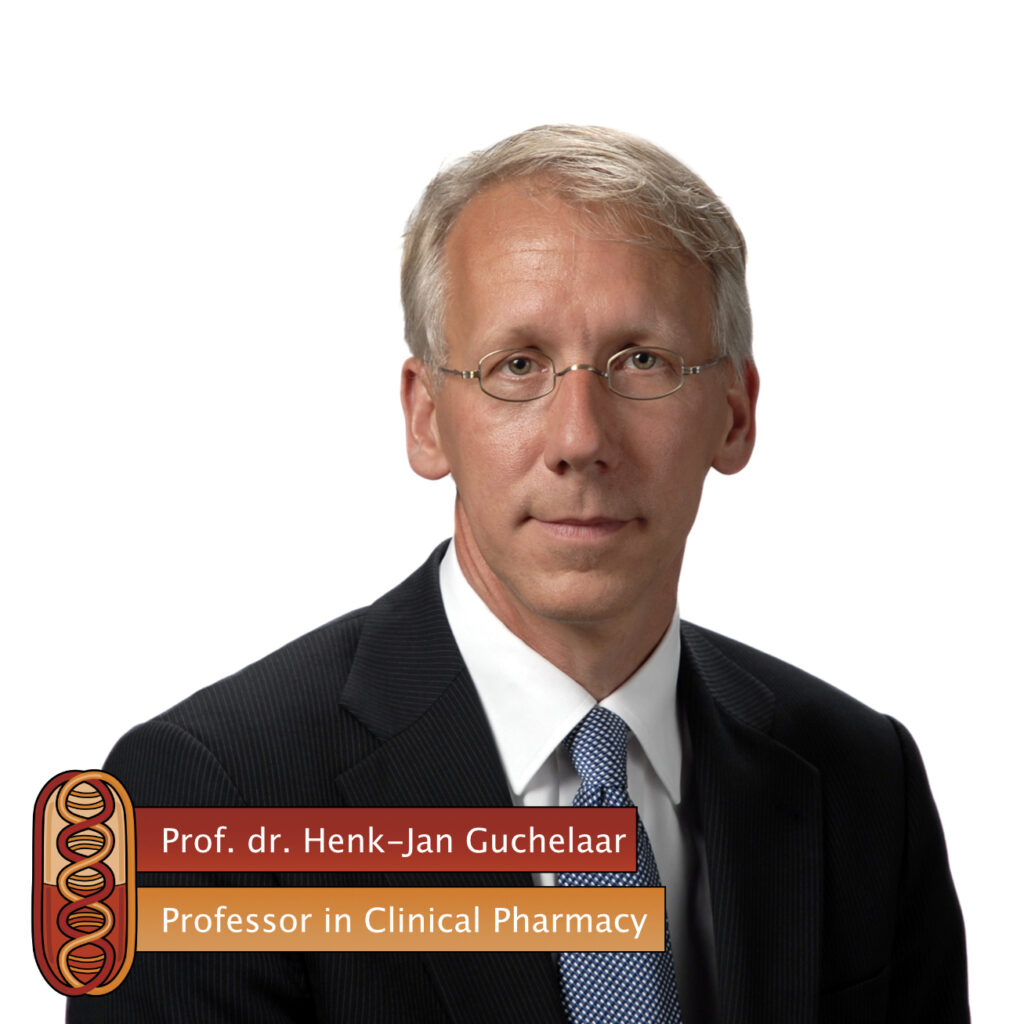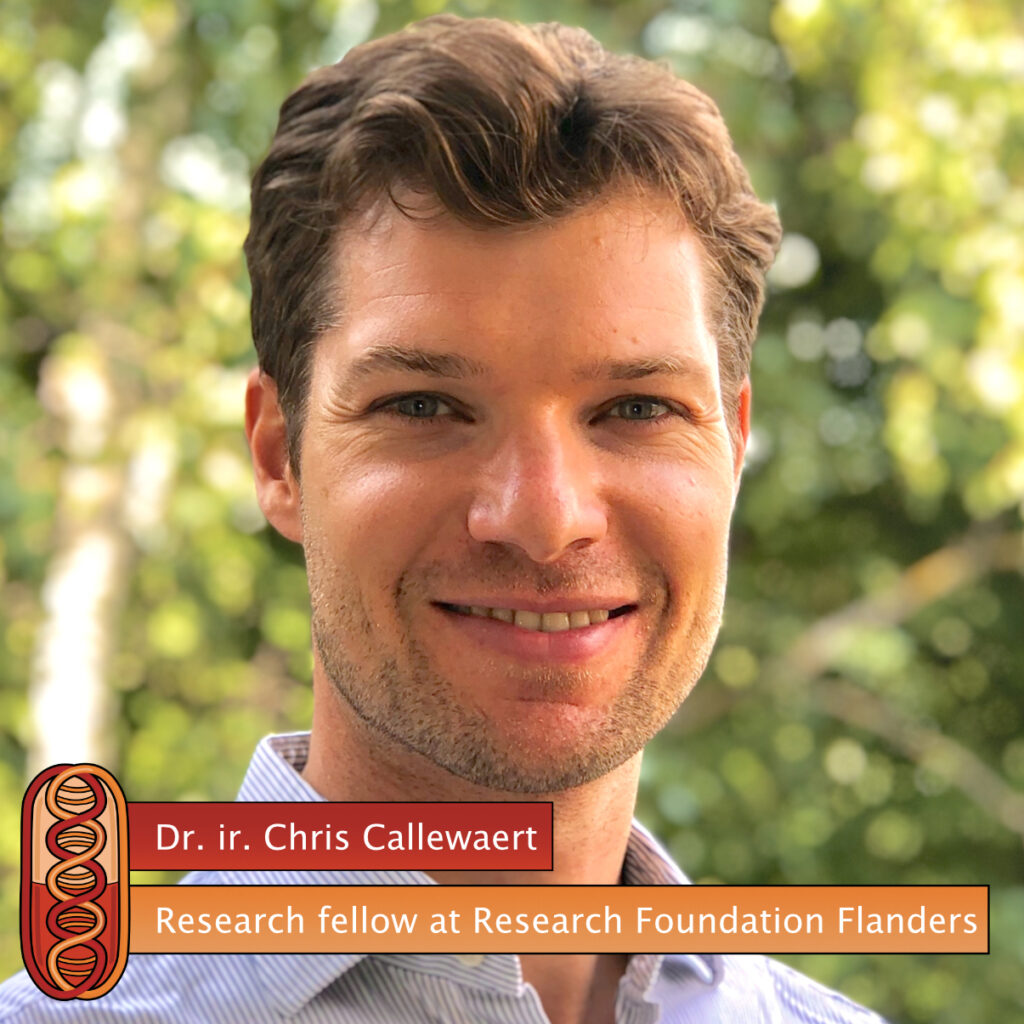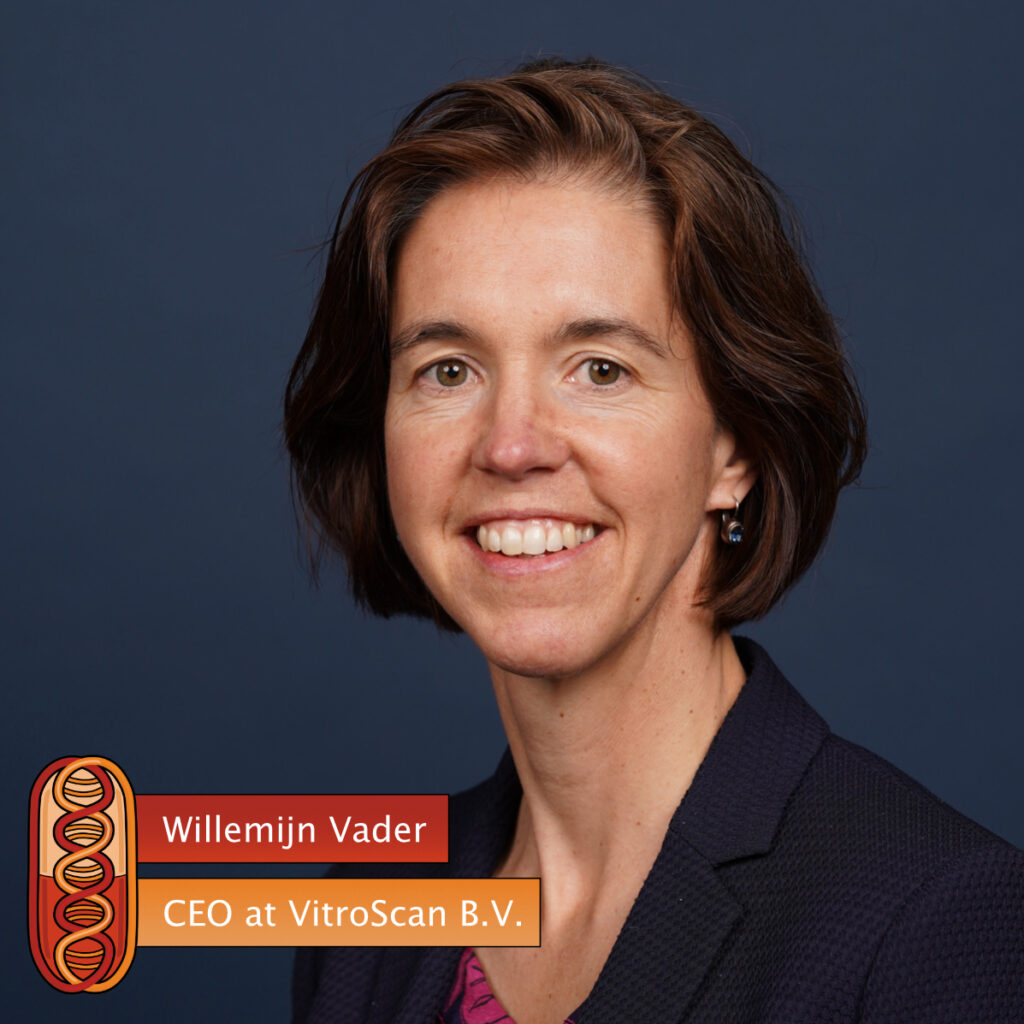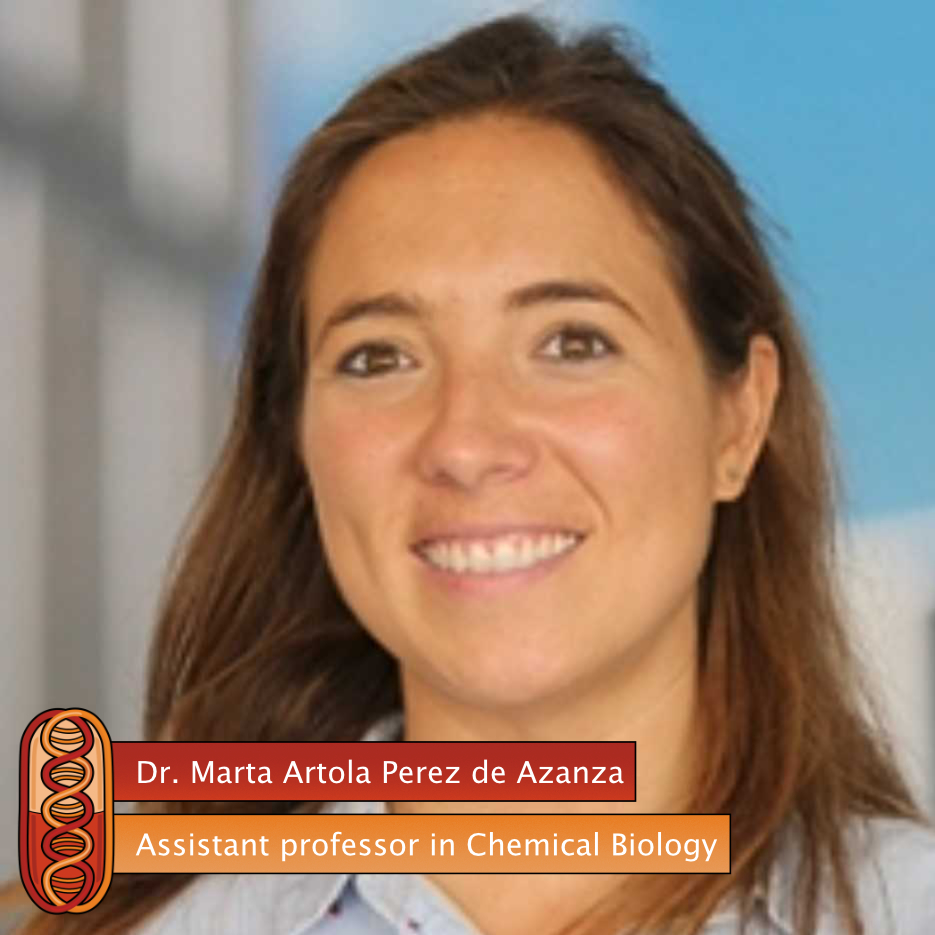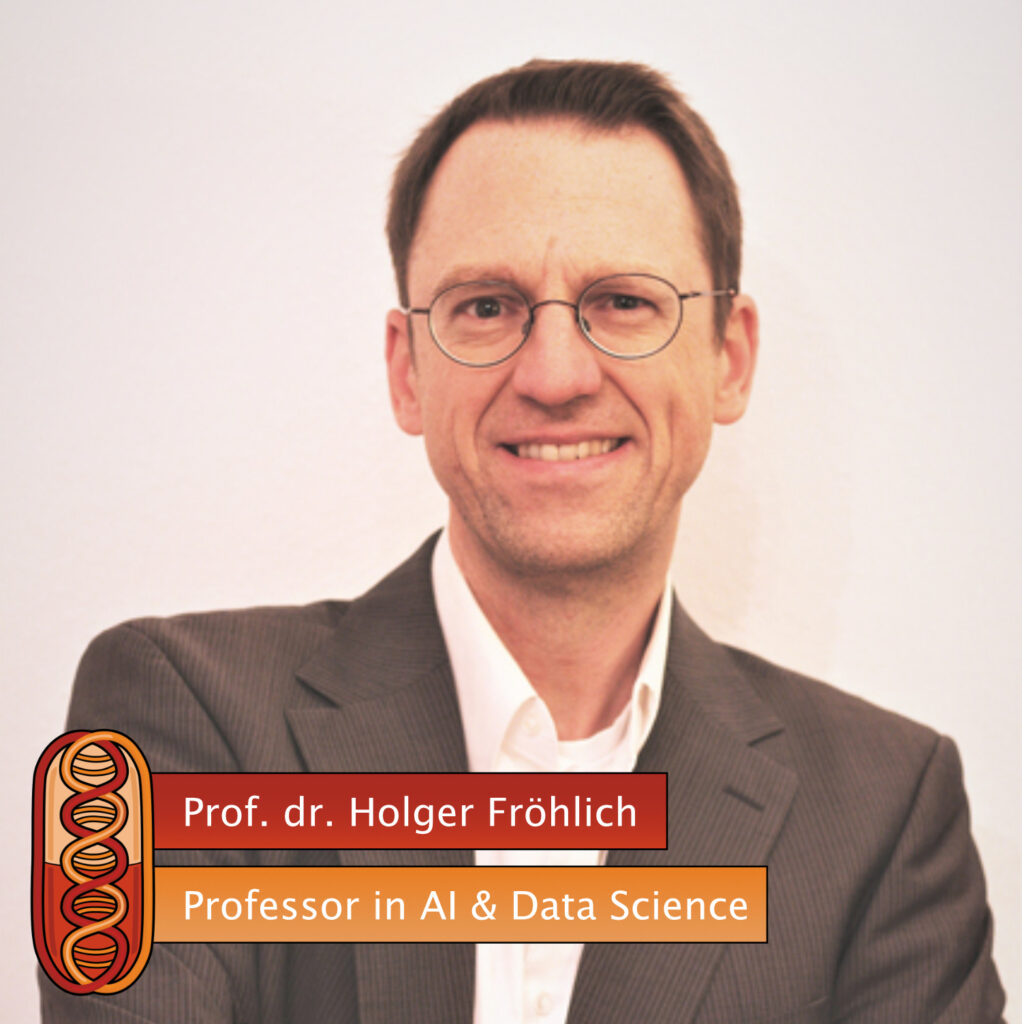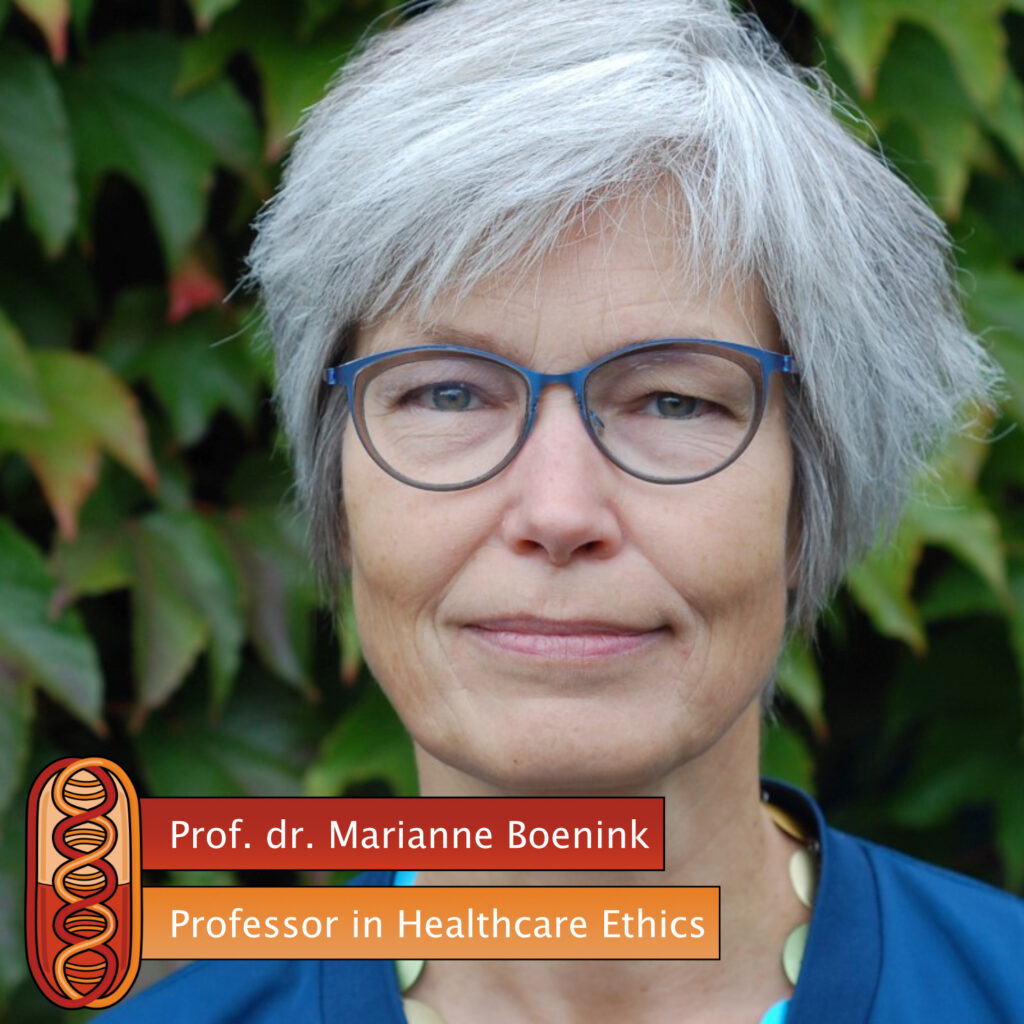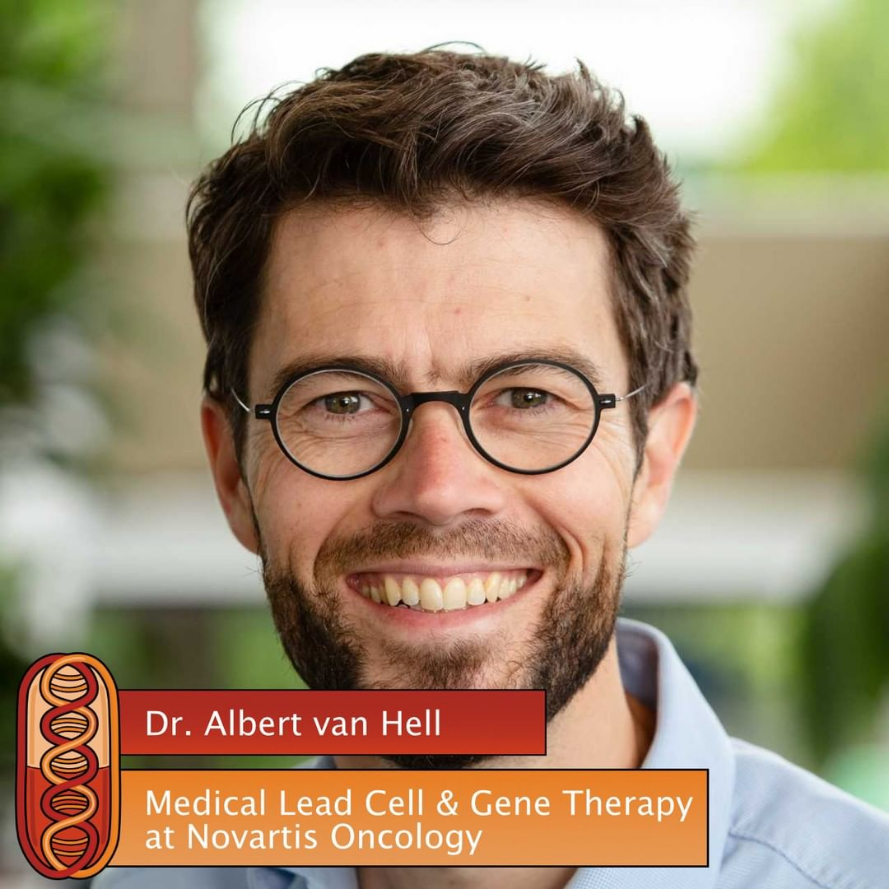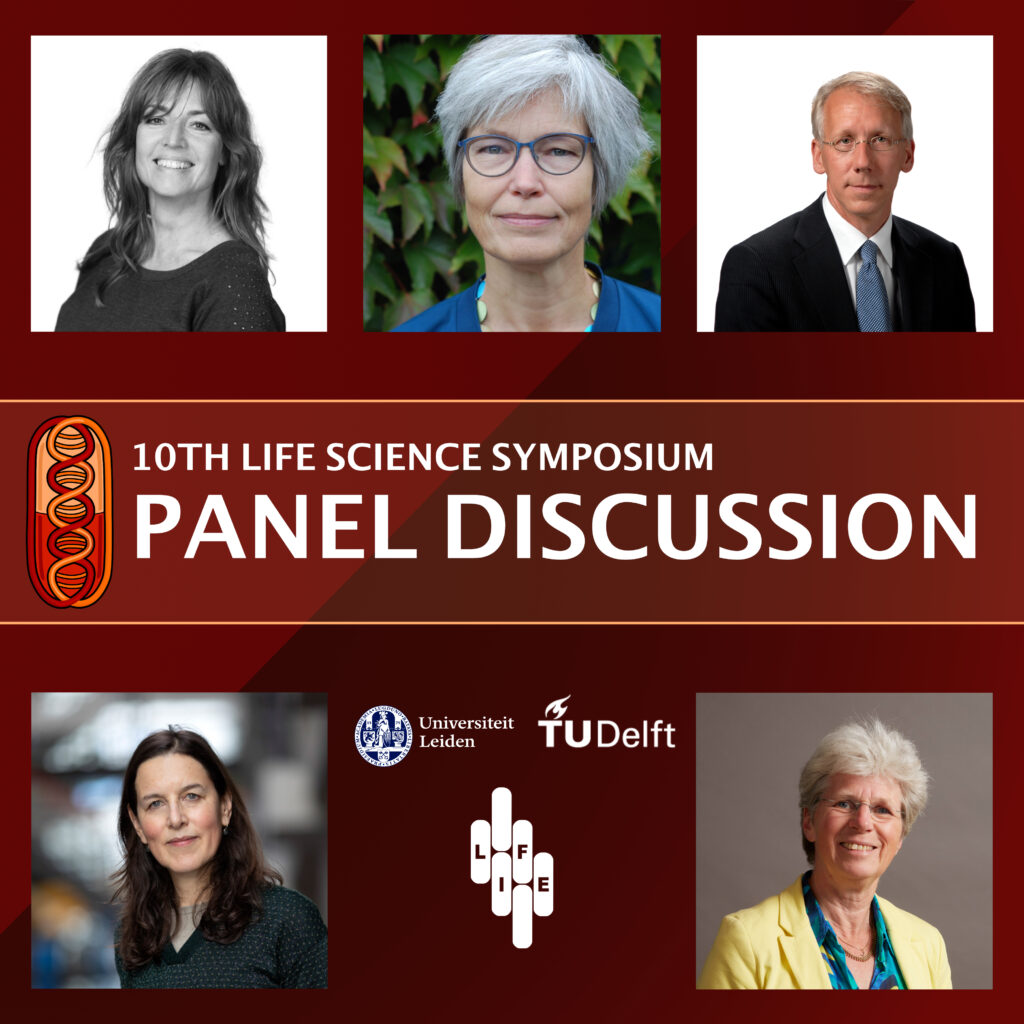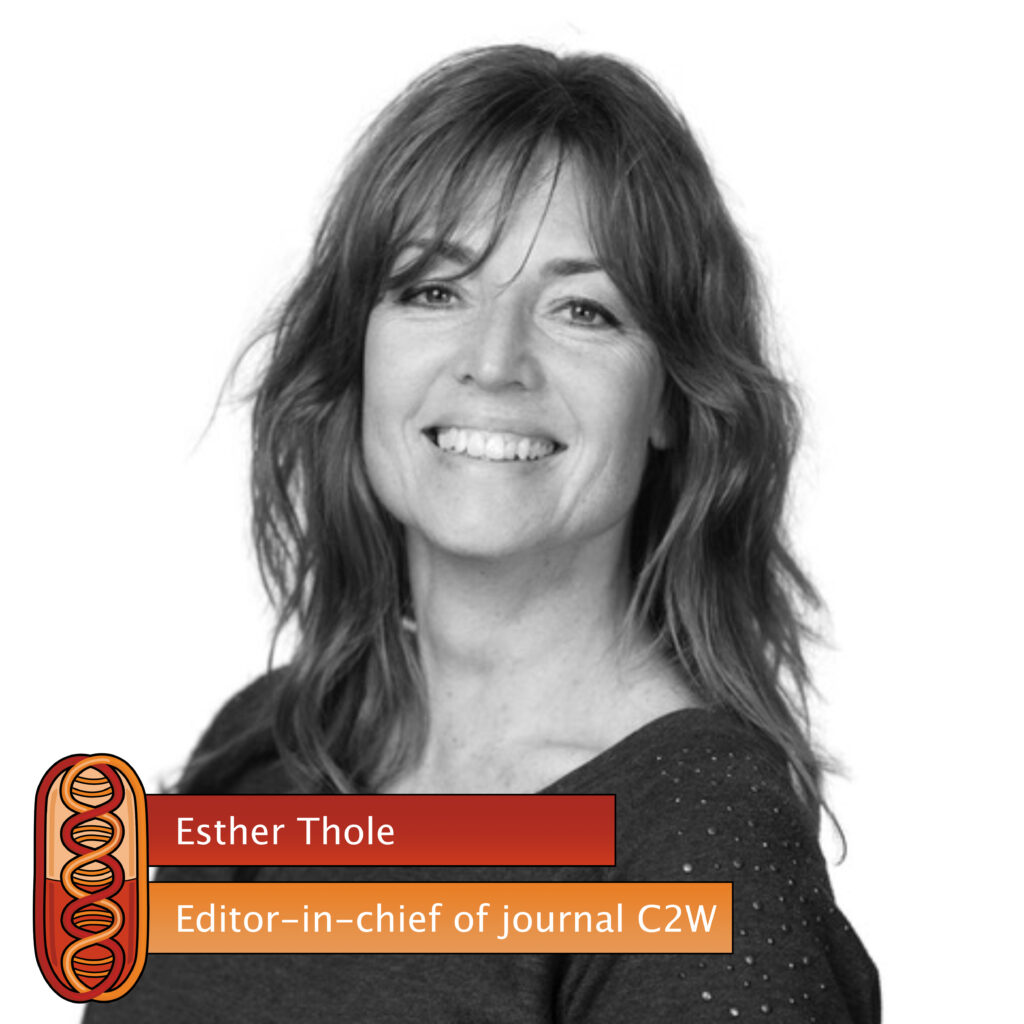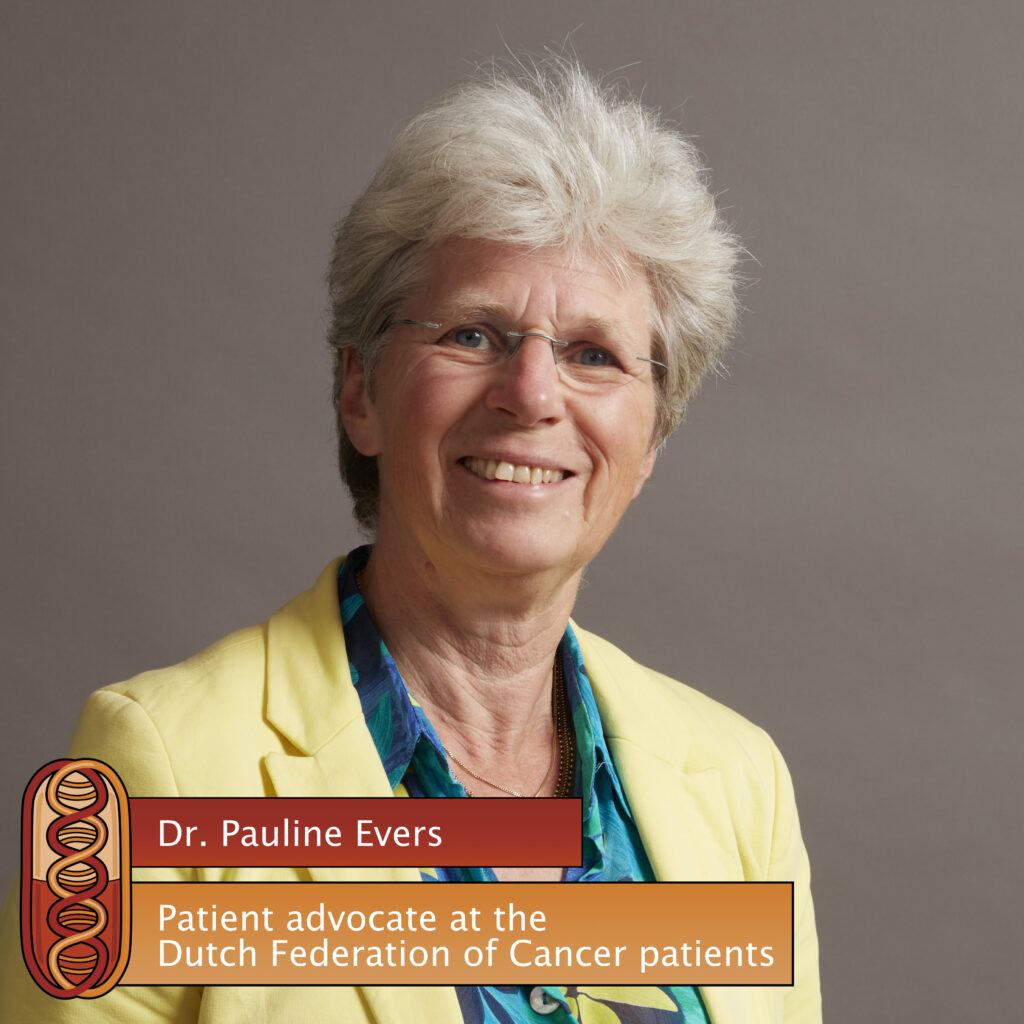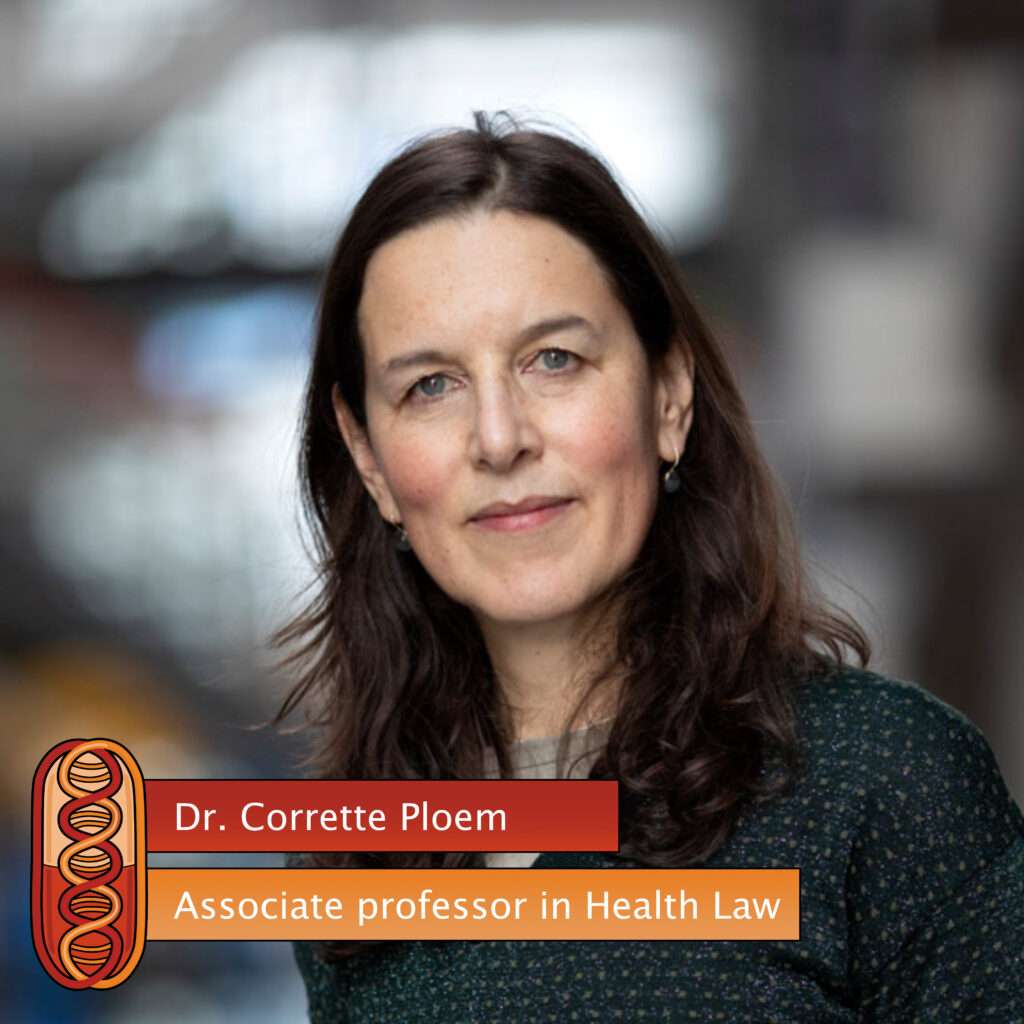Co-chair: Dr. Sander van Kasteren
Dr. Sander van Kasteren is assistant professor in the field of chemical immunology. He received his Master’s degree in Chemistry from the University of Edinburgh in 2001, before moving to Oxford for his PhD on the chemical modification of proteins for immune diagnostics. In 2012, Sander started his own group, doing research at the interface of chemistry and immunology. Their current interests are in the development of new approaches to study degradative events in the immune system based on bioorthogonal chemistry. He uses his background in organic synthesis and dendritic cell biology to study and manipulate the uptake and routing of antigen in dendritic cells.
Co-chair: Dr. Roxanne Kieltyka
Dr. Roxanne Kieltyka studied at the University of Toronto for her BSc in materials chemistry, and moved on to her PhD at McGill University where she worked on the development of platinum-based DNA binding agents for G-quadruplex targeting as an anticancer strategy. Kieltyka then moved to the Netherlands for her postdoctoral stay at the Eindhoven University of Technology where she worked on the development of supramolecular materials. She is now an associate professor at the Leiden Institute of Chemistry where she focuses her research on the design, synthesis and application of supramolecular biomaterials. Her goal is to use these synthetic materials to replicate specific micro-environments that cells encounter in development and disease.
Prof. dr. Christine Mummery
Christine Mummery is a professor in Developmental Biology at Leiden University Medical Center. After a PhD in Biophysics in Londen, she became a postdoc at the Hubrecht Institute in Utrecht studying mouse development and later human embryonic stem cells. In 2007, she received a Radcliffe Fellowship for a sabbatical at the Harvard Stem Cell Institute and introduced human induced pluripotent stem cell (hiPSC) technology to the Netherlands. After becoming department chair at Leiden University Medical Centre in 2008, she continued to use hiPSC to develop personalised models of cardiovascular disease and extended research to organs-on-chip devices to include microfluidic flow. She co-founded hDMT in 2015 and this formed the basis for the multimillion euro NWO Gravity grant Netherlands Organ-on-Chip Initiative (NOCI) with PIs including technical university leaders Lina Sarro (TU Delft) and Albert van den Berg (University Twente).
Prof. dr. John van der Oost
John van der Oost is a professor in Microbiology at the Wageningen University & Research. Van der Oost is considered a pioneer in the CRISPR revolution for his fundamental work on unraveling the mechanism of CRISPR-mediated genome editing. In 2008 Van der Oost and his colleagues were the first to demonstrate that the CRISPR-Cas system uses an RNA-guided mechanism to specifically target DNA. Moreover, they successfully transplanted the system to another host bacterium, and demonstrated that an appropriately designed CRISPR allowed for specific targeting of any DNA sequence. This was the first example of programmable gene editing by CRISPR-Cas. Later a similar approach has been developed for the Cas9 and Cas12 systems. Due to some practical advantages, the CRISPR latter systems are now being used by many research groups worldwide, for applications that range from fundamental research to biotechnology, and even to revolutionary treatments of some human genetic diseases.
Van der Oost studied molecular biology at the VU Amsterdam and obtained his PhD on the conversion of solar light to hydrogen by cyanobacteria. After spending several years abroad, Van der Oost returned to Wageningen in 1995 and became leader of the Bacterial Genetics group. In 2013 Van der Oost was elected as a member of the European Molecular Biology Organization (EMBO) and in 2017 he became a member of the Royal Netherlands Academy of Arts and Sciences. In 2018 Van der Oost was awarded the Spinoza Prize.
Prof. dr. Diederik Gommers
Diederik Gommers is a Dutch medical doctor specialised in intensive care. Currently, he is an intensivist at the academic hospital Erasmus MC in Rotterdam. Gommers obtained his title Doctor of Medicine at the Erasmus MC, and did his PhD here on ‘Factors affecting surfactant responsiveness’. Gommers has been and is currently part of different committees and advisory boards. During the corona crisis in the Netherlands, Gommers was part of the Outbreak Management Team that advises the government on public health measures to reduce the spread of the virus and to regulate hospital admissions.
Prof. dr. Henk-Jan Guchelaar
Henk-Jan Guchelaar is professor Clinical Pharmacy at both the Leiden University Medical Center (LUMC) and the Math & Natural Sciences of the University Leiden (LACDR). He is head of the department of Clinical Pharmacy & Toxicology of the LUMC and program leader of the research program ‘Personalised Therapeutics’. Furthermore, Guchelaar is the director of the research profile ‘Translational Drug Discovery and Development’. In addition, he coordinates a European Horizon 2020 project about implementation of pharmacogenetics in routine health care. Guchelaar is board member of division 4 of the LUMC, Member of Council for Medical Sciences, Royal Dutch Academy of Sciences. Guchelaar will give the opening talk of the symposium.
Dr. ir. Chris Callewaert
Chris Callewaert is senior postdoctoral research fellow of the Research Foundation Flanders (FWO) at Ghent University, Belgium. He holds two masters and a PhD from Ghent University, Belgium. After finishing his PhD, Dr. Callewaert went to UC San Diego as a postdoctoral research fellow for 3.5 years, after which he returned to Ghent. He studies the skin microbiome and metabolome in health and disease. He is a pioneer in skin microbiome transplantation and skin bacteriotherapy to solve body odor. With the corona pandemic, he trained sniffer dogs to detect COVID19 infection from people’s sweat, with >95% accuracy. His research has been featured many times in the media, among which CNN, BBC, FOX, NPR, Huffington Post, Washington Post, The Times, and others. He presented a TED talk and results of his research can be found on www.DrArmpit.com.
Dr. Willemijn Vader
Willemijn Vader is the CEO of VitroScan, a Dutch biotech company founded in 2016 and based at the Leiden Bio Science Park. The company develops predictive tumor testing solutions to support better informed treatment decisions for cancer patients in the clinic and improve patient stratification for clinical trials. Vader studied chemistry at the University of Groningen, followed by a PhD in immunology at the LUMC; ‘Coeliac Disease – Across the threshold of tolerance’, in 2003. Next she worked at Sanofi for 13 years in different roles in clinical research, medical, marketing and market access, focussing on hematology and oncology. VitroScan has established strong collaborations with clinical experts from Dutch regional hospitals and academic institutions to run trials, deliver proof of concept and develop the business.
Dr. Marta Artola Perez de Azanza
Marta Artola obtained her M.Sc. in Pharmaceutical Sciences in 2008 and the following year she worked as research fellow at Janssen-Cilag (Toledo, Spain) where she became fascinated by the drug discovery process. In 2009, she moved to Universidad Complutense de Madrid (Spain) where she worked on the validation of FtsZ protein as a new therapeutic target for antibacterial drug discovery. During that period she visited Prof. Sieber’s Lab at the Technische Universität München (TUM, Germany) to study the antibacterial activity of her compounds, and later on, she joined Prof. Baran’s Lab at The Scripps Research Institute in San Diego where she was involved in the total synthesis of Ingenol photoaffinity-based probes. In January 2015 she moved to Leiden University as a postdoctoral researcher under the supervision of Prof. Herman Overkleeft. During her postdoc she developed conformational inhibitors and activity-based probes for diverse glycosidases. Four years later, Marta was appointed as an assistant professor of Chemical Biology at the Medical Biochemistry Department where, together with her team, combines organic chemistry, chemical biology and biochemistry aiming to develop inhibitor and degrader libraries, activity-based probes and enzymatic substrates for glycoprocessing enzymes that reach solutions for unmet medical needs in terms of target validation, drug discovery and diagnostics.
Prof. dr. Holger Fröhlich
Holger Fröhlich received his Master’s degree from the University of Marburg and did his PhD in Computer Science at the University of Tübingen. Ever since he has been applying his knowledge of computer science to the medical field. Fröhlich started as a postdoctoral researcher for the DKFZ German Cancer Research Institute, andshortly worked for Cellzome AG afterwards. In 2010 Holger became an associate professor at the University of Bonn and was able to form his first research group, focusing on artificial intelligence approaches for learning and simulation of disease relevant molecular networks and machine learning methods for precision medicine. Here, he received the title of Honorary Professor. In 2015, Fröhlich became the Head of Data Science Enablement at UCB, a bio-pharmaceutical company located in Germany and the UK. In 2019, he moved to the Fraunhofer Institute for Algorithms and Scientific Computing (SCAI), where he currently still works as Head of AI & Data Science, and Deputy Head of Department of Bioinformatics. Here, Fröhlich is responsible for a newly formed AI and data science team focusing on precision medicine and early drug discovery.
Prof. dr. Marianne Boenink
Marianne Boenink works at the Radboud University Medical Centre as a professor in Ethics of Healthcare. She studied health sciences at Maastricht Universit, and philosophy at the University of Amsterdam. She obtained her PhD at the UvA and subsequently worked at the University of Twente, where she started investigating how biomedical innovations can be responsibly developed and implemented. In her current work she analyses visions of the future of medicine, like ‘personalised medicine’ or ‘smart healthcare’. How do such visions shift ideas about health, disease and good care? She also investigates the social and ethical implications of specific innovations at different stages of development, like the emergence of biomarker tests aiming to predict, diagnose or prognosticate Alzheimer’s disease. What do (or can) such tests mean for patients, professionals and society, and is the emergent ‘biomarkerization’ of Alzheimer’s disease ethically desirable?
Dr. Albert van Hell – Novartis
Albert van Hell is the Medical Lead Cell & Gene Therapy at Novartis Oncology. Novartis Oncology is a global healthcare company based in Switzerland, that develops innovative medicines for the needs of patients worldwide. The Cell & Gene Therapy department focusses on reimagining medicine through cell and gene therapy, and Van Hell will tell us all about Car-T Cell Therapy. Van Hell finished his Masters in Biology at the Free University of Amsterdam, after which he did his PhD at the University of Utrecht. Subsequently, he became a researcher and project leader at the Netherlands Cancer Institute. Here, Van Hell focused on fundamental and translational research for enhanced molecular delivery via nanotechnology. After spending 5 years here, Van Hell became owner and consultant at the spin-off ALJA Biomedical Services, and moved on to Memorial Sloan Kettering Cancer Center as a research associate, focusing on sarcoma treatment. In 2018, Van Hell joined the Cell & Gene therapy group at Novartis Oncology, where he currently still works.
Panel discussion
Esther Thole
Esther Thole is a freelance science journalist and moderator. She is currently editor-in-chief of chemistry trade journal C2W and editor at online science channel NEMO Kennislink. She is specialised in chemistry, particularly chemistry of living systems, origins of life and synthetic life. Thole published her first book ‘Making life: how scientists create life in the lab’ in 2018. She is an experienced moderator of meetings where science and society meet. Thole will be moderating the panel discussion.
Dr. Pauline Evers
Pauline Evers is a policy officer / patient advocate at the Dutch Federation of Cancer patient organisations. Her special interest is in the area of medicinal products and innovative treatments. Pauline is also active as a member of the Committee for Orphan Medicinal Products (COMP) at the European Medicines Evaluation Agency since 2006. After finishing her PhD, Evers worked for 15 years in the Pharmaceutical industry. Since 2003 she has worked for patient organisations, first in the area of rare diseases, and since 2008 at the cancer patient organisation, NFK.
Mr. dr. Corrette Ploem
M.C. Corrette Ploem is an experienced researcher and teacher in the field of health law, specialised in the legal aspects of new technologies, such as whole genome analysis, iPS-research, AI and machine learning, apps, big data and so on. She wrote a PhD-thesis on privacy and data research and participated in numerous research projects. In 2010 she published a report on the privacy aspects of data and tissue research and biobanks in commission of the Dutch Association for Health Law. Among other things, she is a member of the Dutch Health Council, medical ethics committees, and the editorial board of the Dutch Journal of Health Law.


